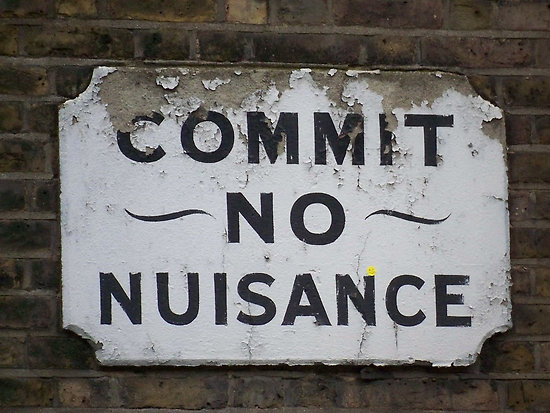Navigating Private Nuisance: Your Guide to Quick Relief under Indian Law
Introduction:
Living peacefully in your home is a fundamental right, but sometimes, disputes with neighbors can disrupt that tranquility. Private nuisance cases arise when the actions of one property owner negatively impact another. In this blog, we’ll explore the various types of petitions you can file under Indian law to seek quick relief from nuisances caused by your neighbors.
1. Understanding Private Nuisance:
Private nuisance refers to the interference with an individual’s right to use and enjoy their property. This could include issues like loud noises, unpleasant odors, or even hazardous conditions created by a neighbor.
2. Types of Petitions You Can File:
a. Noise Complaints: File a petition under Section 133 of the Code of Criminal Procedure, detailing the type, frequency, and duration of the noise.
b. Odor Complaints: File a petition under Section 19 of the Air (Prevention and Control of Pollution) Act, addressing unpleasant smells emanating from your neighbor’s property.
c. Environmental Hazards: File a petition under Section 15 of the Environment (Protection) Act, if your neighbor’s activities create pollution or unsafe conditions.
3. Steps to Obtain Quick Relief:
a. Documentation: Keep a detailed record of the nuisance, including dates, times, and the nature of the disturbance.
b. Communication: Attempt to resolve the issue amicably by discussing it with your neighbor. If this fails, you have a stronger case with evidence of your attempts to resolve the matter informally.
c. Legal Notice: Send a legal notice under Section 80 of the Code of Civil Procedure to your neighbor, outlining the nuisance and the actions you expect them to take to rectify the situation.
4. Filing a Lawsuit:
a. Consult an Attorney: Seek legal advice under Section 30 of the Advocates Act to understand the strength of your case and the appropriate legal remedies available.
b. Court Petition: If informal resolutions fail, file a petition in the appropriate court under Order VII, Rule 1 of the Code of Civil Procedure, presenting your case and seeking relief.
c. Temporary Injunction: Request a temporary injunction under Order XXXIX of the Code of Civil Procedure to address the nuisance promptly while the case is ongoing.
5. Alternative Dispute Resolution (ADR):
a. Mediation: Explore mediation under Section 89 of the Code of Civil Procedure to reach a mutually agreeable solution outside the courtroom.
b. Arbitration: If mediation fails, consider arbitration under Section 11 of the Arbitration and Conciliation Act as a quicker alternative to traditional litigation.
6. Conclusion:
Dealing with private nuisances can be challenging, but understanding your legal options and taking strategic steps can help you obtain quick relief under Indian law. Always consult with legal professionals to ensure you’re navigating the legal landscape effectively.
Remember, at ProLegalMinds, we’re here to guide you through legal complexities and ensure a swift resolution to your private nuisance concerns. Contact us today for personalized legal assistance.
#ProLegalMinds #LegalGuidance #PrivateNuisance #LegalRelief #NeighborDisputes #IndianLaw
For Legal Advise consult


